News & Blog
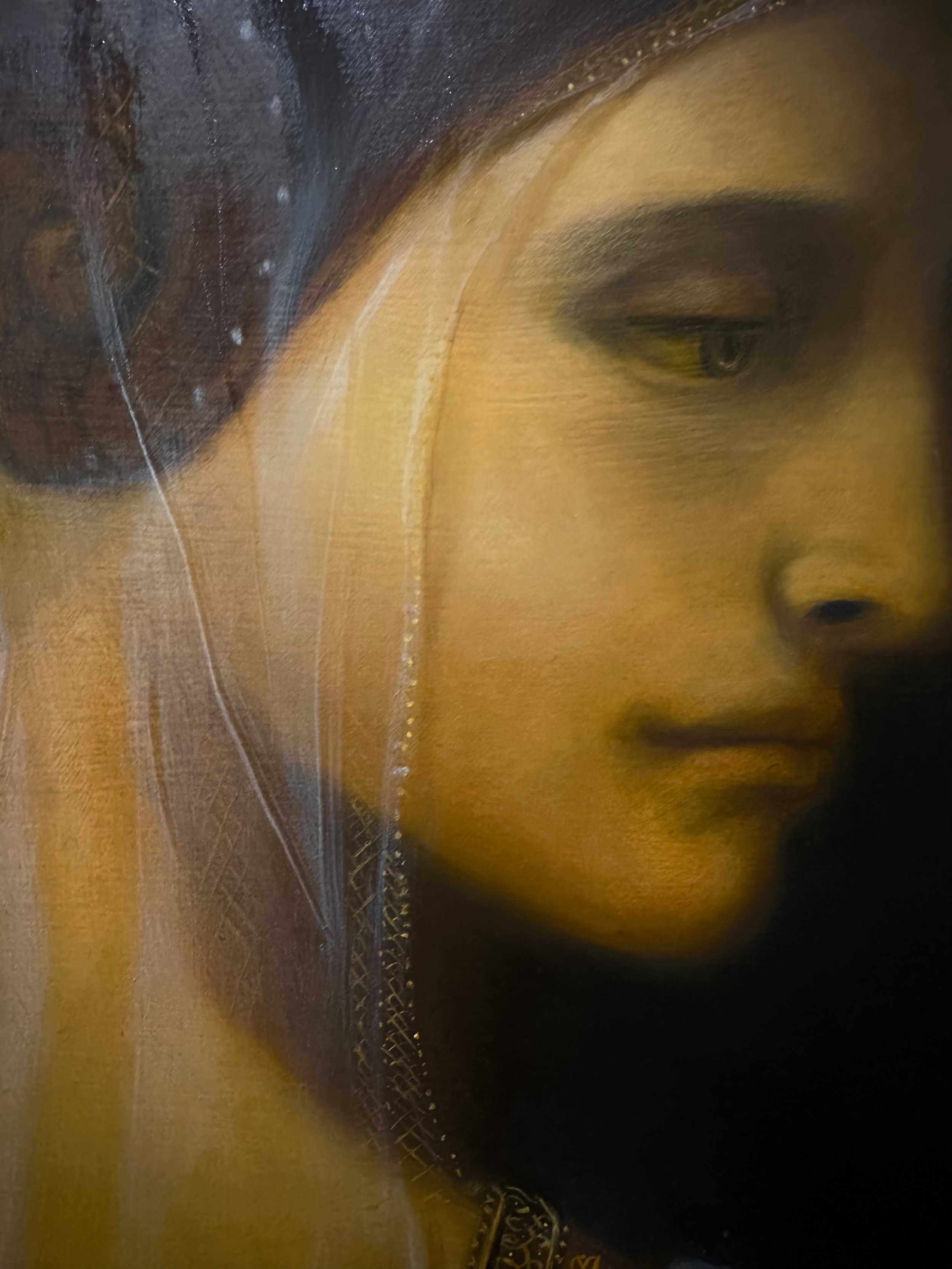
The Veil of Maya (short read)
The "Veil of Maya" originates from Hindu and Buddhist philosophy and refers to the deceptive, illusory world of appearances. In Hinduism, "Maya" is often associated with the goddess who creates the illusion that the phenomenal world we see is real. In Buddhism, the concept is tied to the idea that our perceptions of the world are not the ultimate reality, but rather a deceptive overlay that prevents us from seeing the Truth.

Creation - the antidote to nihilism
“One must give value to their existence by behaving as if one’s very existence were a work of art.”
— Friedrich Nietzsche
Artistic creation and nihilism have held a relationship that has long captivated the minds of philosophers, artists, composers, sculptures, and all creative thinkers. Nihilism fundamentally asserts the belief that life lacks inherent meaning, purpose, or intrinsic value. It questions the existence of subjective truths and challenges conventional notions of meaning and morality. In the realm of artistic expression, the encounter with nihilism can be unsettling but necessary, leading to profound insights into human experience itself.
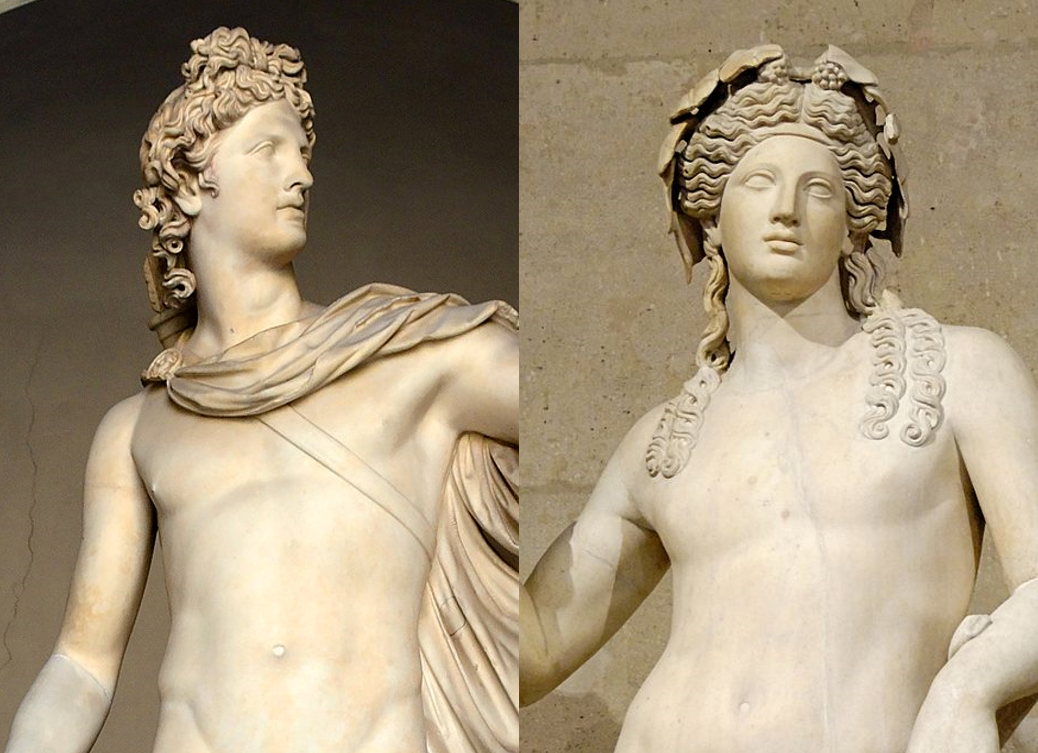
Nietzsche & Rembrandt: Painting the structure of reality
Amidst the pantheon of artistic brilliance, Rembrandt stands as a luminary, a maestro of capturing souls in paint. But what secrets lie within his strokes? How did he bestow his characters with such a palpable sense of life and humanity? Prepare to embark on a journey, for an unlikely gateway reveals itself—a theatrical lens crafted by Nietzsche based on the gods of ancient Greece.

Unveiling the Harmonies of Nature: Scientific origins of the Apollonian
An ancient theory of Pythagoras and Aristotle proposes a universal cosmology which described the universe in terms of spheres. In this theory, the celestial entities were pinned to the spheres and their motion driven by something like musical sound. The Greeks realised that spherically shaped amphoras, with an opening of a specific size and shape, when placed in flowing air would generate beautiful “harmonious” sounds. What they had discovered was indeed musical harmony and natural frequencies.
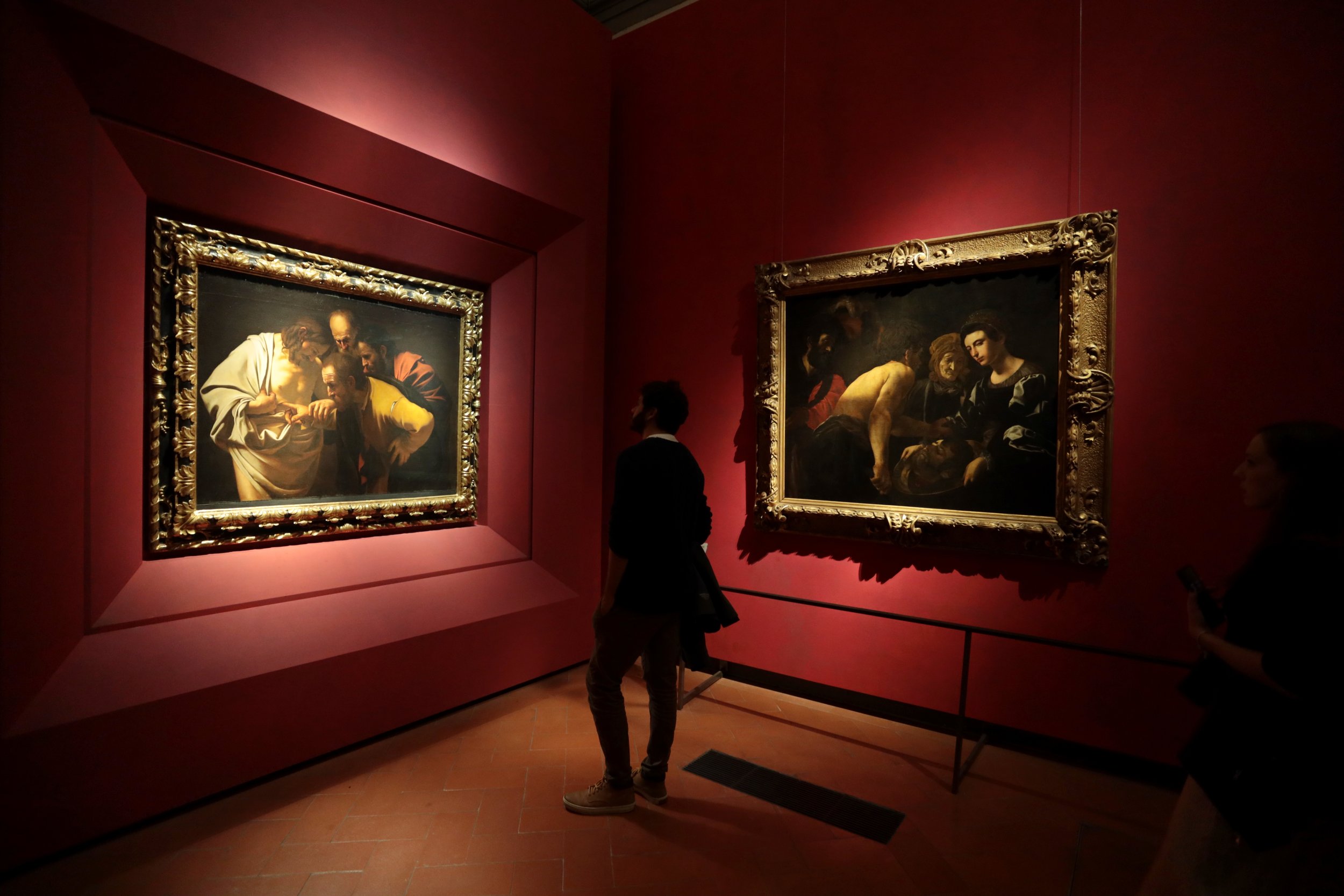
The meaning of everything - Part I: Duality in art
This post is the first of a series that aims to prise open the big questions such as “who are we?”, “what does everything mean?”, even “what is the point in anything?" and use the human race’s ability to create and perceive art as a means with which to try and arrive at an answer. The grandiose and almost intractable nature of these questions has necessitated their breaking down into a series of shorter posts. Over time these will hopefully amount to a volume of work capable if not of answering the questions, at the very least provide a means with which to approach them.
This first example starts by looking at a dualism that is present in art. The thought-provoking fact that somehow, many artworks present to us not only a physical object (pieces of linen, oil, dirt, and sticky resins from trees) that appeals to our visual senses, but something that tells a story. Something that is not physical and we cannot see, but we can only sense inside the cognitive depths of our conscious, subconscious and imagination. I hope you enjoy!
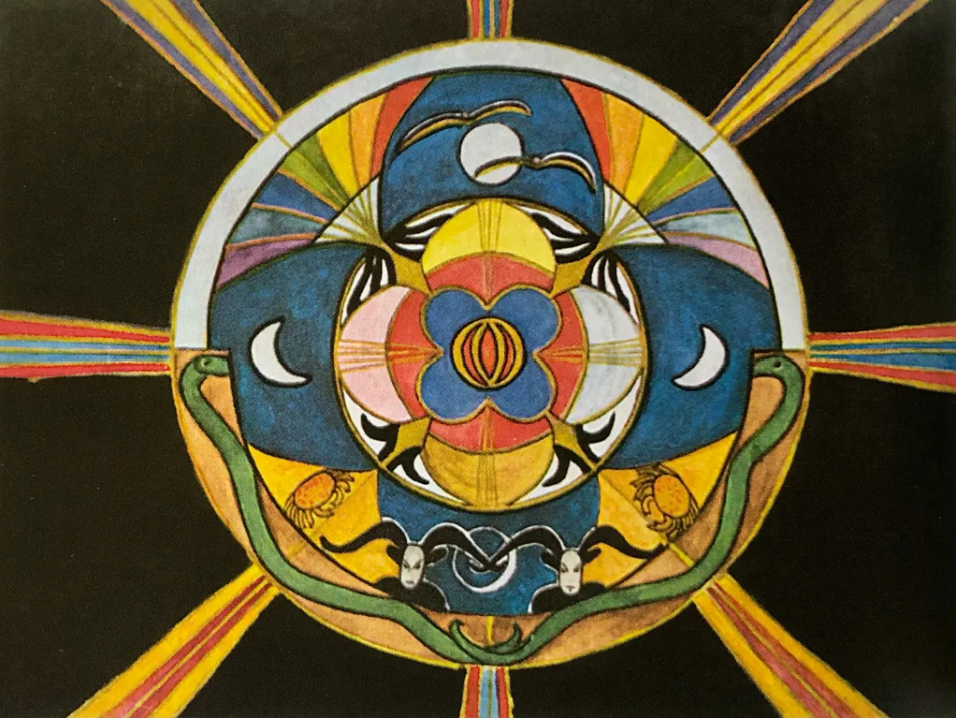
The Collective Unconscious
Angus, you’ve written a few posts recently on these bizarre “Jungian archetypal characters”. Do these have any meaning, or are they just part of some hocus-pocus wizardry?
Excellent question. This is a challenging and deep subject and one of those in which often only the intrinsic vocabulary is used to describe it. Transferring it into plain English therefore presents a challenge. It currently also exists as a concept that means something slightly different to each and every individual. A good place to start, however, is with the “collective unconscious”, which will be the topic of this article. Once we have established what the collective unconscious is, it will become easier to detail the role the deeply metaphorical archetypes play within it. At the end of this post, I may even attempt to break the Star Wars trilogy down into an archetypal narrative - so do read on!
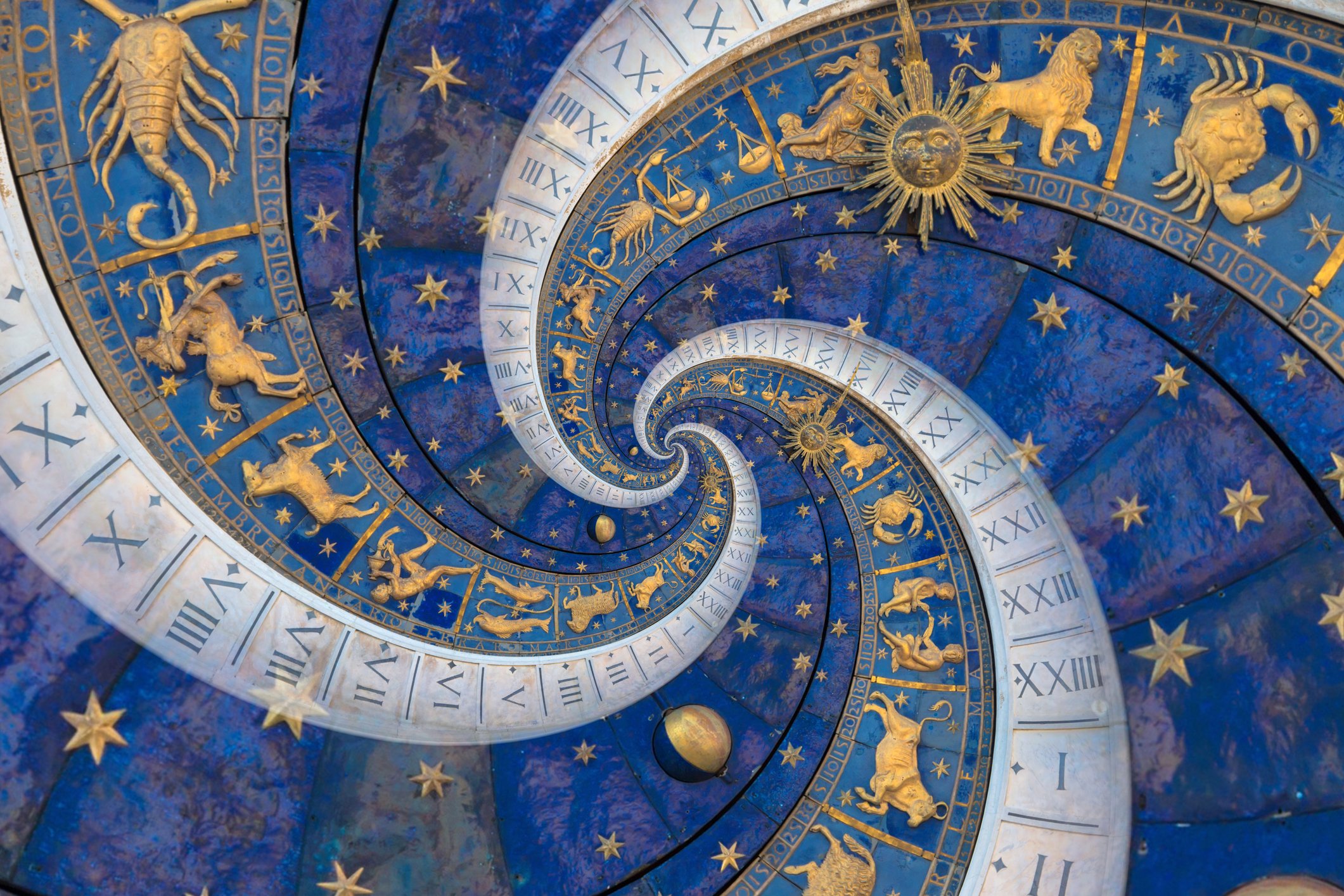
The artist and the mystic
The mystic is an archetype within the Jungian framework that represents the persona that seeks a direct, unmediated experience of the divine or universal reality. The mystic is characterised by their intense, often solitary spiritual quest which involves a deepening of awareness, a heightened sensitivity to inner and outer experience, and an expansion of consciousness beyond the limits of the physical world of things.
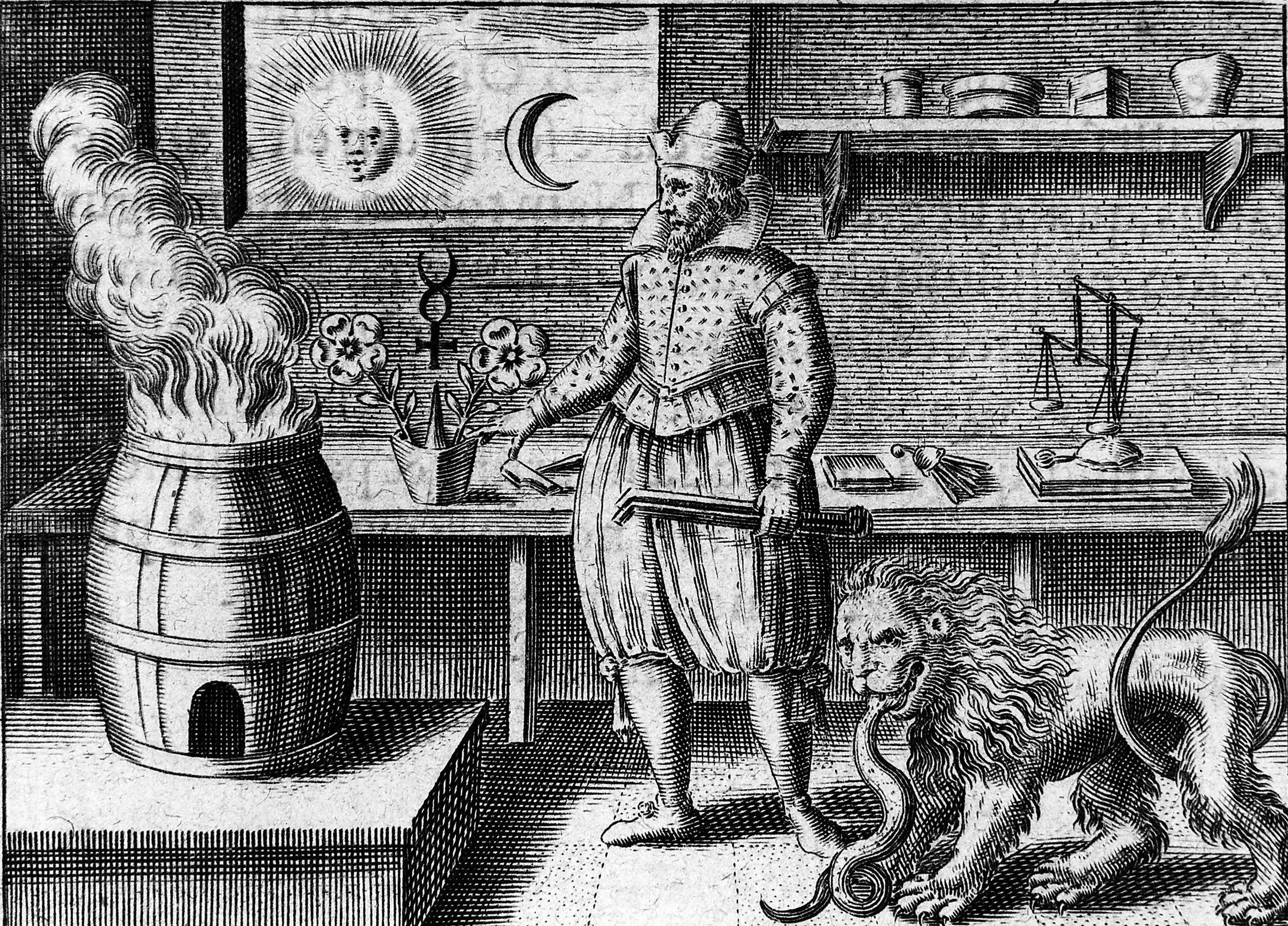
The universal path of the alchemist and its relevance to the artist
The alchemist is one of the key Jungian archetypes to consider when trying to form a complete understanding of the artist. The universal path of the alchemist is that of self-discovery and transformation - both of which of course are necessarily correlated.